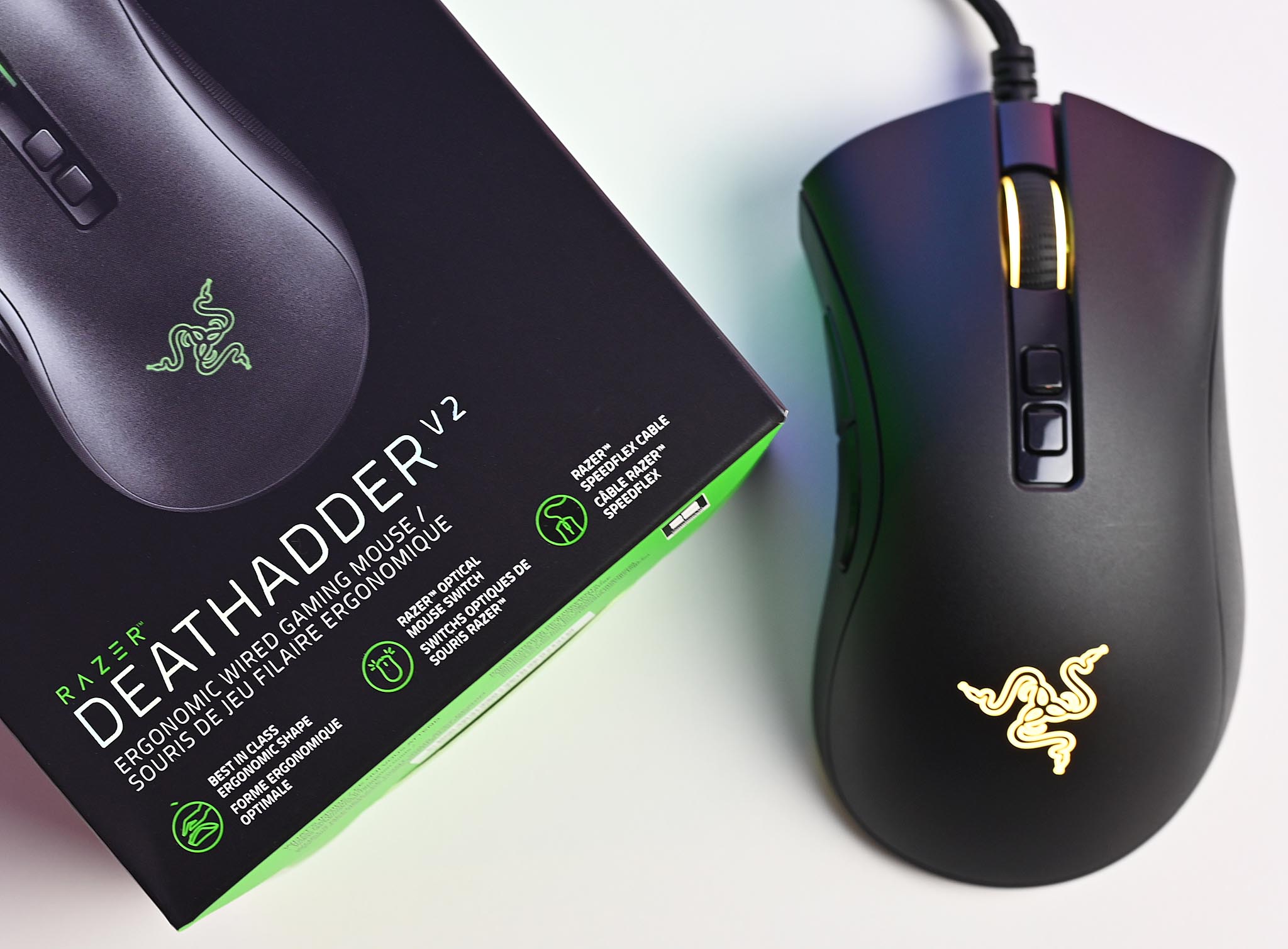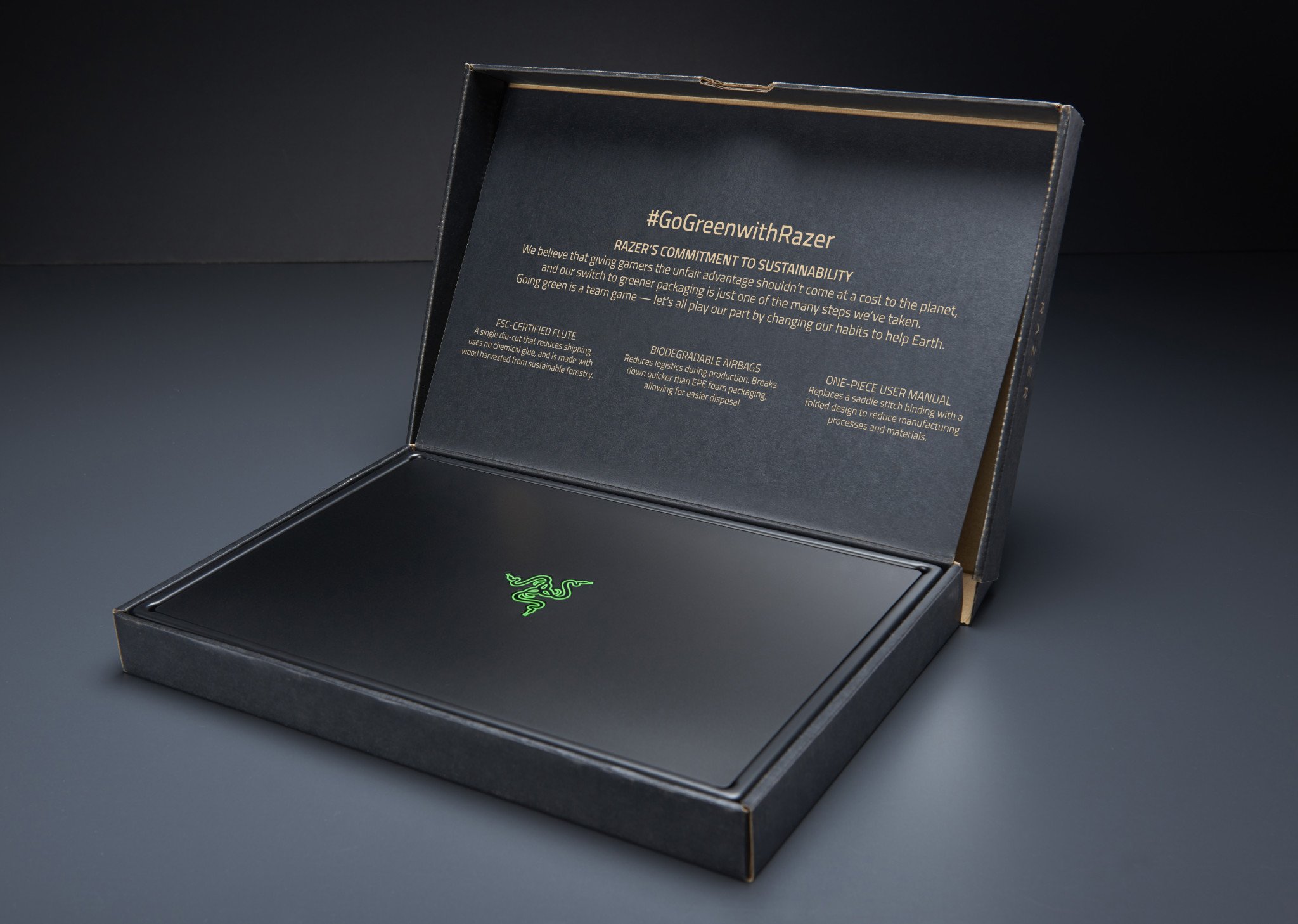Razer's move to go green isn't just about Sneki Sneks and saving trees; it's a comprehensive effort that extends across the entire company.
What you need to know
- Razer outlined a 10-year environmental roadmap as part of the #GoGreenWithRazer campaign.
- The company will move to renewable energy, use recycled and recyclable materials, and become carbon neutral.
- Razer's Sneki Snek campaign has already helped save 100,000 trees.
Razer's Sneki Snek campaign that helps save trees has been surprisingly successful. The campaign recently hit the milestone of saving 100,000 trees, and Razer expanded its goals. Now, Razer has announced a 10-year environmental roadmap under the #GoGreenWithRazer banner. The program includes using renewable energy, using recycled and recyclable materials, and going carbon neutral.
Razer's targets are to use 100% renewable energy by 2025, to use recycled or recyclable materials in all products by 2030, and to be 100% carbon neutral by 2030. It's a comprehensive effort that spans the entire company.
I spoke with Patricia Liu, Razer's chief of staff and member of Razer's board, to discuss the push for sustainability. Liu's resume and list of responsibilities are quite long, so she is also playfully known as Razer's chief of stuff.
"Things just exploded, and we thought that look, we really are serious about this ... It's more than just business," said Liu in response to the Sneki Snek campaign's success.
The current global pandemic also gave Razer an opportunity to reflect. Liu said:
I think the whole COVID pandemic also makes us more introspective, with all that is going on in that it is not just about the business it's about ... how do we relate with the environment our social part that we play as well as the bigger scheme of things.
And with that introspection, it also brought us to think that we want to do something that is bigger than just business, something that's more meaningful.
Redesigning products isn't just about swapping out materials. Liu discussed the challenges of meeting Razer's quality standards while also focusing on sustainability:
The challenge is actually getting the right materials and also at the same time retaining the kind of quality and reliability of the products. So that is really the challenge, to balance the quality along with the availability of the products of the materials and the raw materials that we're actually looking at.
Liu shared the design process of mice as an example. Mice like the Razer DeathAdder V2 have to go through several iterations to meet Razer's standards while also improving sustainability.
We were looking at our mice products, for example. [They] didn't work at first ... then we tweaked around and we actually changed some of the composition, and then it worked.
Razer makes some of the best Windows laptops as well as some of the best PC gaming accessories, so it has to be careful not to sacrifice quality in exchange for sustainability.
In addition to Razer's products being more environmentally friendly, the company will also work on improving its packaging. Razer has already improved in this area for some of the packaging it uses but will continue to improve as part of its reinvigorated efforts. Razer's packaging will be FSC-certified and biodegradable.
Liu discussed how Razer's old packaging looked great and was great for presenting products, but that the new packaging is more sustainable.
Razer's European office in Hamburg, Germany is already powered by renewable energy. The upcoming Razer SEA HQ in Singapore will be the second Razer office to be powered by renewable energy. By 2025, all of Razer's offices will be powered by 100% renewable energy.
Liu's emphasis on reducing the use of materials stuck out to me. Rather than just buying credits to offset a carbon footprint or making things recyclable, Razer is emphasizing the importance of using less:
It's more important to reduce and then recycle and then after that to neutralize, in that order. Because often it's easier to do the other way around; to neutralize and then, whatever, right? But in the event that we can't reduce, then I think that the second part of it is to recycle.
Liu's comments on reducing material use illustrate a deeper commitment to sustainability. Company's with deep pockets can do a lot of lip service when it comes to being environmentally friendly, but Razer's efforts are clearly more than that.
I tried to get Liu to share what the next Sneki Snek product is but couldn't manage to get it out of her. In jest, Liu said, "Well, I have a standard PR statement. We know we're not supposed to comment on any future products."









0 comments:
Post a Comment